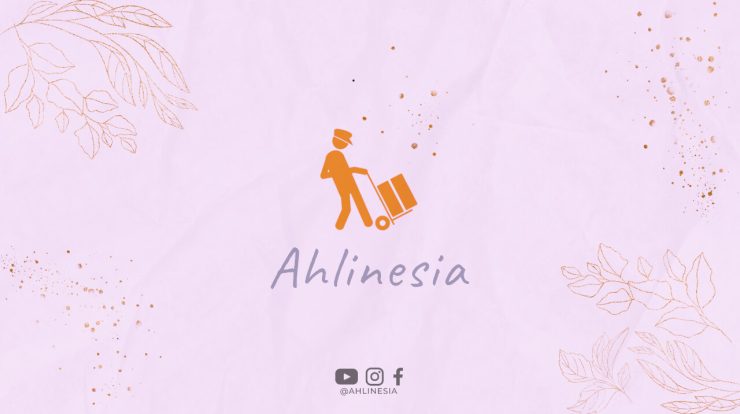
Studying abroad is an exciting opportunity for many students, and Australia has become a popular destination for international students. However, before embarking on this educational journey, it’s essential to consider the cost of studying in Australia. From tuition fees to living expenses, understanding the financial aspects will help you plan your budget effectively. Let’s delve into the details and explore the various expenses you may encounter during your study period in Australia.
Tuition Fees
One of the primary expenses for studying in Australia is tuition fees. The cost of tuition varies depending on the course and institution you choose. Australian universities offer a wide range of programs, from undergraduate degrees to postgraduate studies. On average, undergraduate programs can cost between $20,000 and $45,000 AUD per year, while postgraduate programs can range from $22,000 to $50,000 AUD per year. However, it’s crucial to note that tuition fees for medical or veterinary courses might be higher.
Living Expenses
In addition to tuition fees, living expenses are an important aspect to consider. Australia has a relatively high cost of living compared to some other countries. However, the exact expenses can vary depending on your location and lifestyle. On average, international students should budget around $20,000 to $27,000 AUD per year for living costs, including accommodation, food, transportation, and other daily expenses.
Accommodation
Accommodation is a significant factor in your overall expenses while studying in Australia. There are various options available, including on-campus dormitories, shared apartments, homestays, and private rentals. The cost of accommodation depends on the type and location. On-campus housing can range from $250 to $800 AUD per week, while renting a private apartment may cost around $350 to $700 AUD per week. Sharing accommodation with other students can help reduce costs.
Health Insurance
International students in Australia are required to have health insurance known as Overseas Student Health Cover (OSHC). The cost of OSHC depends on the duration of your course and the provider you choose. On average, you can expect to pay around $450 to $600 AUD per year for a single person. It’s important to have adequate health insurance to cover any medical expenses during your stay in Australia.
Transportation
Getting around in Australia can be costly, especially if you need to commute regularly. Public transportation, such as buses, trams, and trains, is widely available in major cities. Monthly transportation passes can range from $80 to $200 AUD depending on the city and distance traveled. If you prefer to have your own vehicle, you should consider additional expenses such as car insurance, fuel, and maintenance.
Textbooks and Study Materials
Textbooks and study materials are essential for academic success. The cost of textbooks can vary depending on your course and subjects. On average, you might spend around $100 to $500 AUD per semester on textbooks and other required materials. However, you can explore options like buying second-hand books or renting them to save money.
Meals and Dining
Food expenses are another significant aspect of your budget. Australia offers a wide variety of dining options, from affordable eateries to high-end restaurants. On average, you should budget around $80 to $200 AUD per week for groceries and eating out. Cooking your meals at home can help save money, but it’s always nice to treat yourself occasionally.
Personal Expenses
Personal expenses include various items such as clothing, toiletries, entertainment, and unexpected costs. It’s important to allocate some funds for these expenses in your budget. On average, you might need around $50 to $100 AUD per week for personal items and leisure activities. However, this can vary depending on your lifestyle and preferences.
Scholarships and Financial Aid
Australia offers several scholarships and financial aid options for international students. These can significantly reduce the financial burden of studying in Australia. It’s advisable to research and apply for scholarships that match your eligibility criteria. Additionally, some institutions may offer work-study programs that allow you to earn money while studying.
Conclusion
Studying in Australia can be a rewarding experience, but it’s crucial to be aware of the associated costs. Tuition fees, living expenses, accommodation, health insurance, transportation, textbooks, meals, and personal expenses are some of the financial aspects to consider. Proper budgeting and exploring scholarship opportunities can help make studying in Australia more affordable. By understanding the cost of studying in Australia, you can plan your finances effectively and make the most of your educational journey.






